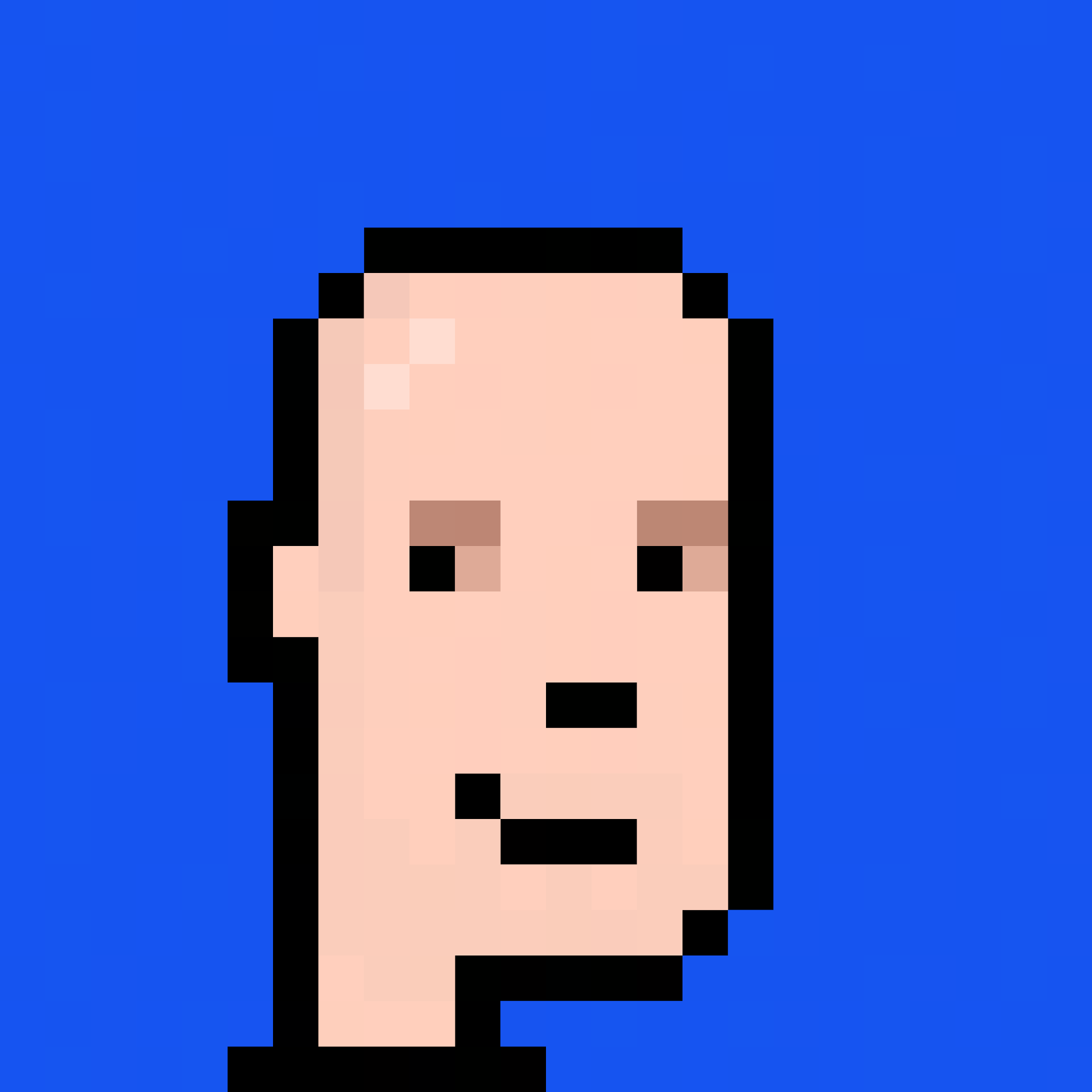
Brian Armstrong
Co-founder & CEO at @Coinbase. Creating more economic freedom in the world.
10+ Book Recommendations by Brian Armstrong
- Examines history's most turbulent economic and political periods to reveal why the times ahead will likely be radically different from those in recent memory.
1/ Really enjoyed reading Ray Dalio's recent book, The Changing World Order https://t.co/MZyEDozWR0
The Master Switch
Tim Wu
A history of the rise and fall of the twentieth century's leading information empires traces how Hollywood, the broadcast networks, and AT&T introduced new mediums that were eventually centralized in ways that shaped America's communications practices.I do agree that all networks tend toward centralization over time. Great book on this https://t.co/4Y07wANw4b
Working Backwards
Colin Bryar
Working Backwards is an insider's breakdown of Amazon's approach to culture, leadership, and best practices from Colin Bryar and Bill Carr, two long-time, top-level Amazon executives...Enjoyed this book, worth reading! Working Backwards: Insights, Stories, and Secrets from Inside Amazon https://t.co/jFCAMzCXbO
Project Hail Mary
Andy Weir
The sole survivor on a desperate, last-chance mission to save both humanity and the earth, Ryland Grace is hurtled into the depths of space when he must conquer an extinction-level threat to our species.Best sci fi book i've read in a long long time. Has lots of real science/engineering in it. Incredible read. https://t.co/SyJWetPrnZ
How Innovation Works
Matt Ridley
"Originally published as How Innovation works: serendipity, energy and saving of time in Great Britain in 2020 by 4th Estate, an imprint of HarperCollins Publishers."--Title page verso.Really enjoyed reading this new book from Matt Ridley How Innovation Works: And Why It Flourishes in Freedom https://t.co/7HEjerZ6eG
Loonshots
Safi Bahcall
Enjoyed reading Loonshots https://t.co/owu1YopWWr There is a good summary of the book here as well: https://t.co/v8Zr7PzBTM
The Sovereign Individual
James Dale Davidson
The authors identify both the likely disasters and the potential for prosperity inherent in the advent of the information age.Took a fresh read of Sovereign Individual - was really ahead of it's time, a lot of original thinking (some really out there stuff too) https://t.co/DdhNsgBMfP
The Big Thing
Angela Meng
Having trouble explaining COVID19 to your little ones? The Big Thing is a children's book about finding the silver lining in these trying times. Grab a copy on Amazon or read for free online. https://t.co/MBSDdbZA7A (makes a great gift too)
The Great CEO Within
Matt Mochary
Excited to see Matt Mochary's book finally come out: https://t.co/LpKSYrparG I've really enjoyed working with Matt, and have referred a number of people on my team (and other entrepreneurs) to this content as a concise summary of how to build a well run organization.
What You Do Is Who You Are
Ben Horowitz
Ben Horowitz, a leading venture capitalist, modern management expert, and New York Times bestselling author, combines lessons both from history and from modern organizational practice with practical and often surprising advice to help executives build cultures that can weather both good and bad times. Ben Horowitz has long been fascinated by history, and particularly by how people behave differently than you’d expect. The time and circumstances in which they were raised often shapes them—yet a few leaders have managed to shape their times. In What You Do Is Who You Are, he turns his attention to a question crucial to every organization: how do you create and sustain the culture you want? To Horowitz, culture is how a company makes decisions. It is the set of assumptions employees use to resolve everyday problems: should I stay at the Red Roof Inn, or the Four Seasons? Should we discuss the color of this product for five minutes or thirty hours? If culture is not purposeful, it will be an accident or a mistake. What You Do Is Who You Are explains how to make your culture purposeful by spotlighting four models of leadership and culture-building—the leader of the only successful slave revolt, Haiti’s Toussaint Louverture; the Samurai, who ruled Japan for seven hundred years and shaped modern Japanese culture; Genghis Khan, who built the world’s largest empire; and Shaka Senghor, an American ex-con who created the most formidable prison gang in the yard and ultimately transformed prison culture. Horowitz connects these leadership examples to modern case-studies, including how Louverture’s cultural techniques were applied (or should have been) by Reed Hastings at Netflix, Travis Kalanick at Uber, and Hillary Clinton, and how Genghis Khan’s vision of cultural inclusiveness has parallels in the work of Don Thompson, the first African-American CEO of McDonalds, and of Maggie Wilderotter, the CEO who led Frontier Communications. Horowitz then offers guidance to help any company understand its own strategy and build a successful culture. What You Do Is Who You Are is a journey through culture, from ancient to modern. Along the way, it answers a question fundamental to any organization: who are we? How do people talk about us when we’re not around? How do we treat our customers? Are we there for people in a pinch? Can we be trusted? Who you are is not the values you list on the wall. It’s not what you say in company-wide meeting. It’s not your marketing campaign. It’s not even what you believe. Who you are is what you do. This book aims to help you do the things you need to become the kind of leader you want to be—and others want to follow.I read an early copy of @bhorowitz's new book about company cultures, and thought it was great! Check it out: https://t.co/9RRcPI2qbs
The Master Switch
Tim Wu
A history of the rise and fall of the twentieth century's leading information empires traces how Hollywood, the broadcast networks, and AT&T introduced new mediums that were eventually centralized in ways that shaped America's communications practices.Two examples I just went through, both good books I had read partially the old fashioned way. Master Switch https://t.co/lttBEQsw1S Creative Selection https://t.co/7MwQXliNwe
Creative Selection
Ken Kocienda
Two examples I just went through, both good books I had read partially the old fashioned way. Master Switch https://t.co/lttBEQsw1S Creative Selection https://t.co/7MwQXliNwe